Farhat said the Democratic Party “has missed several key opportunities” to reassure Arab American voters concerned about Gaza. One glaring oversight, he said, is the ongoing decision to supply Israel with weapons for its military campaign in the enclave. He also points to how the Democratic National Convention did not allow a Palestinian American affected by the war to speak, despite giving a platform to the parents of Hersh Goldberg-Polin, a slain Israeli American who was abducted by Hamas on Oct. 7, 2023.
“The time for listening — we’re beyond that now,” Farhat said. “We’re in a phase where constituencies like mine are demanding action in the form of policy change, not just rhetoric change, but in seeing a party that for years this community has been loyal to, standing up for them.”
Maryam Hassanein, 24, quit her position with the Biden administration’s Department of the Interior this summer in protest of the U.S. handling of the war in Gaza. She believes that nothing will change if Democratic voters are pressured into supporting the party, adding that it’s the responsibility of candidates to earn votes.
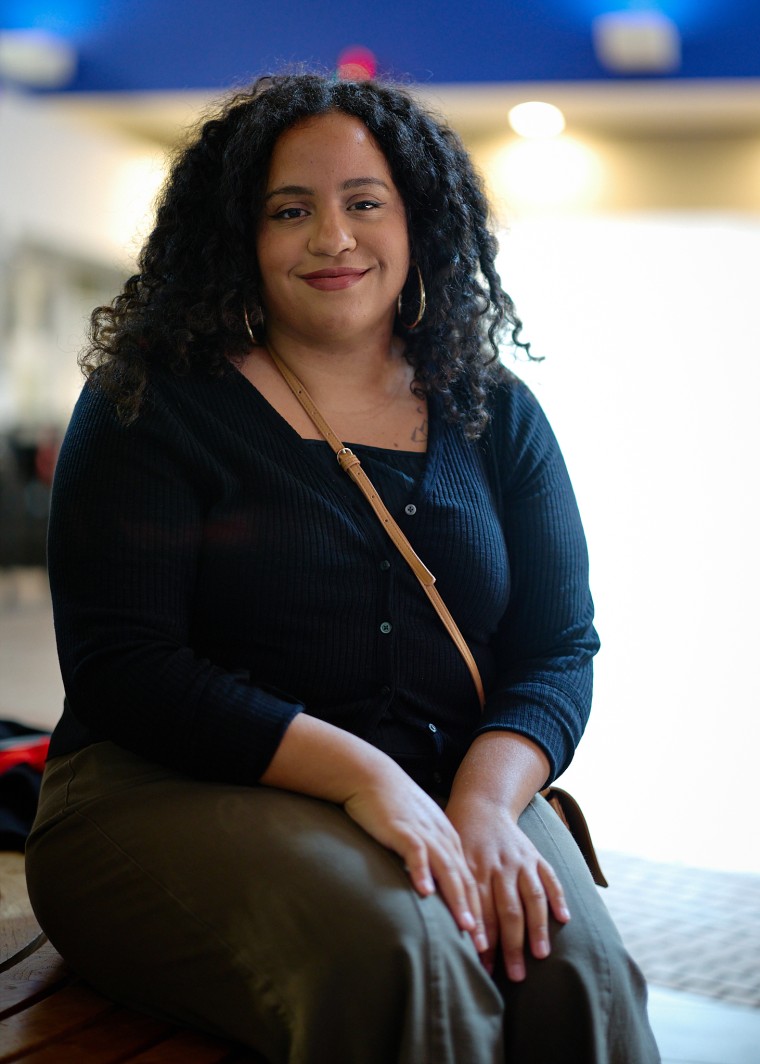
“Pushing people away from voting how they want to vote in terms of independents and third party isn’t really what we should be doing,” Hassanein said. “Change won’t come if we sit here and say change won’t come. If we accept things how they are, then of course there will be no change.”
Activist Linda Sarsour, who lives in Brooklyn, New York, but was in Dearborn for ArabCon, takes a broader view that echoes the sentiments of others who spoke with NBC News. She says the Arab American community’s concerns extend beyond the conflict in Gaza, reflecting the complex nature of their struggles, which include domestic issues.
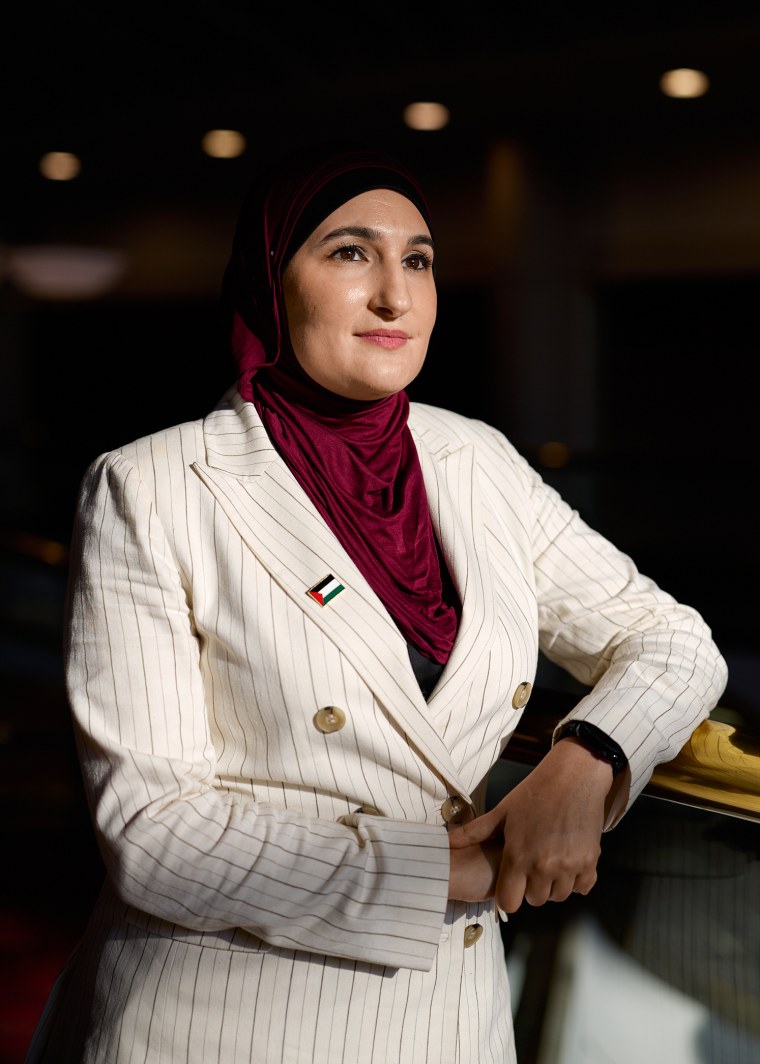
“We care about health care, we care about economic issues, we use the transportation systems, we have property taxes, we worry about our electric bills, which are being monopolized by major corporations,” Sarsour told NBC News at ArabCon. “So, I want this administration and those that are running for office to know that yes, the war in Gaza is a top-priority issue for us, but they also want to hear what your other plans are.”
Not just Gaza
While Gaza weighs heavily on the minds of many Arab Dearborners, it’s not the only conflict they care about. The U.S.-backed, Saudi-led war in Yemen has pushed millions to the brink of starvation. The Iraq War, now widely criticized, left 200,000 civilians dead, haunting the many refugees who sought safety in Dearborn. Syria and Libya, too, have been devastated by American airstrikes, further fueling distrust of U.S. foreign policy in the region.
Yemeni American Mona Mawari, 39, lost her uncle in a missile strike during the war in Yemen. Her family’s story mirrors the trauma shared by many, and encouraged her to quit her job as a pharmacist to work as a community organizer full time.
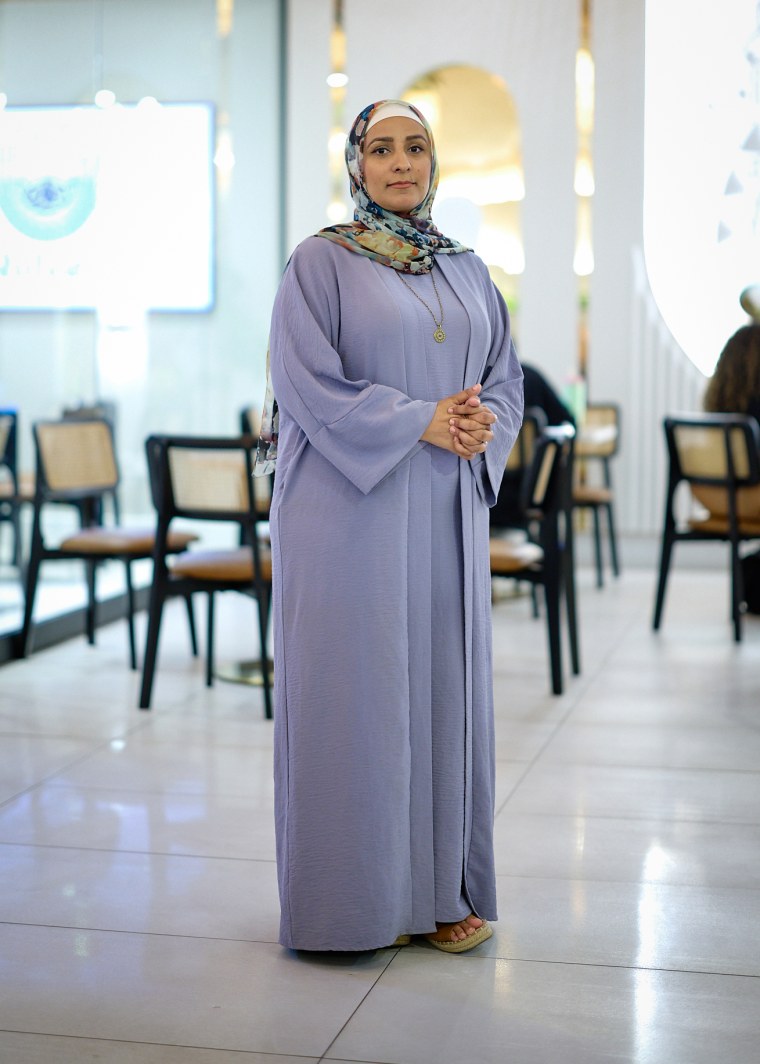
“He was attending a funeral service when missiles hit the event hall,” said Mawari, who spoke to NBC News at a packed Yemeni coffee house on Schaefer Road. “He was like a father to me.”
Sayed Saleh Qazwini, who leads the Arab-majority congregation at the Muslim Educational Community Center of America (MECCA) in nearby Canton, said the community has watched the devastation of their countries happen in phases over the years. As an Iraqi American, he said his family “has already paid the price” for U.S. foreign policy.
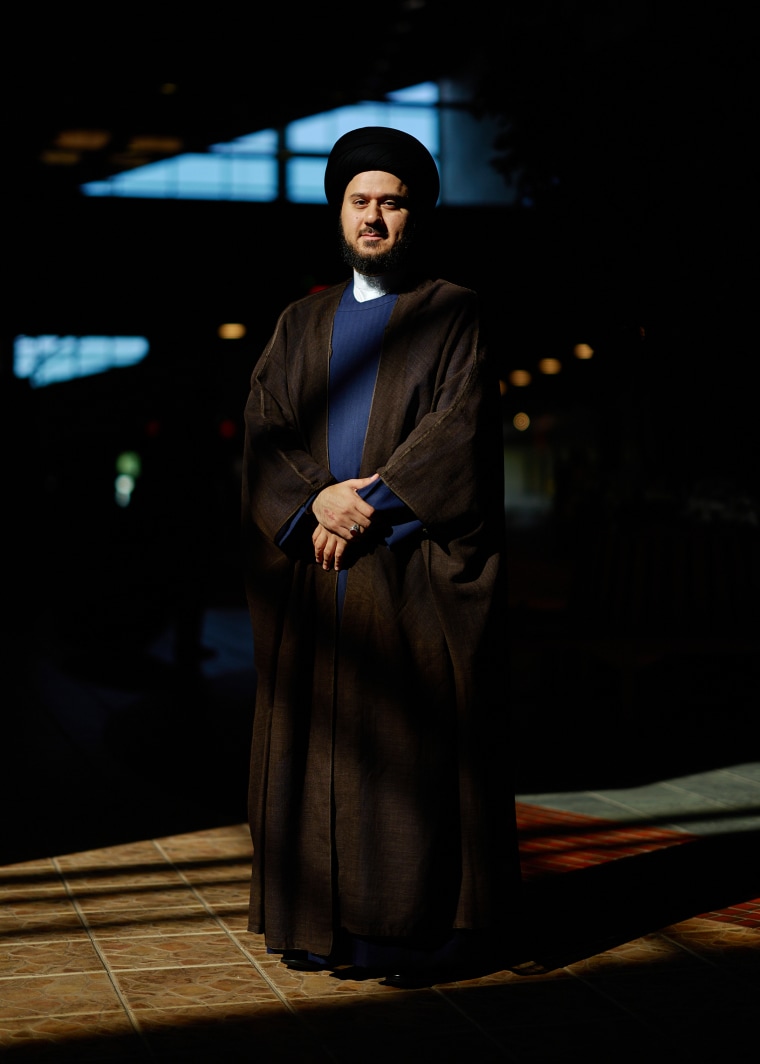
“Our government, which calls out other countries for human rights violations, why aren’t they saying anything?” Qazwini said about the war in Gaza. “Why are they being the suppliers of these bombs that are killing children and innocent lives?”
Zena Alzein and Zahraa Bahsoon, both 19-year-old Lebanese American students, said they don’t want to vote for Harris or Trump because of the foreign policies their administrations supported in the Middle East.
“We want to feel like we didn’t have a hand in allowing or supporting stuff like this to happen,” Bahsoon said, with Alzein in agreement.
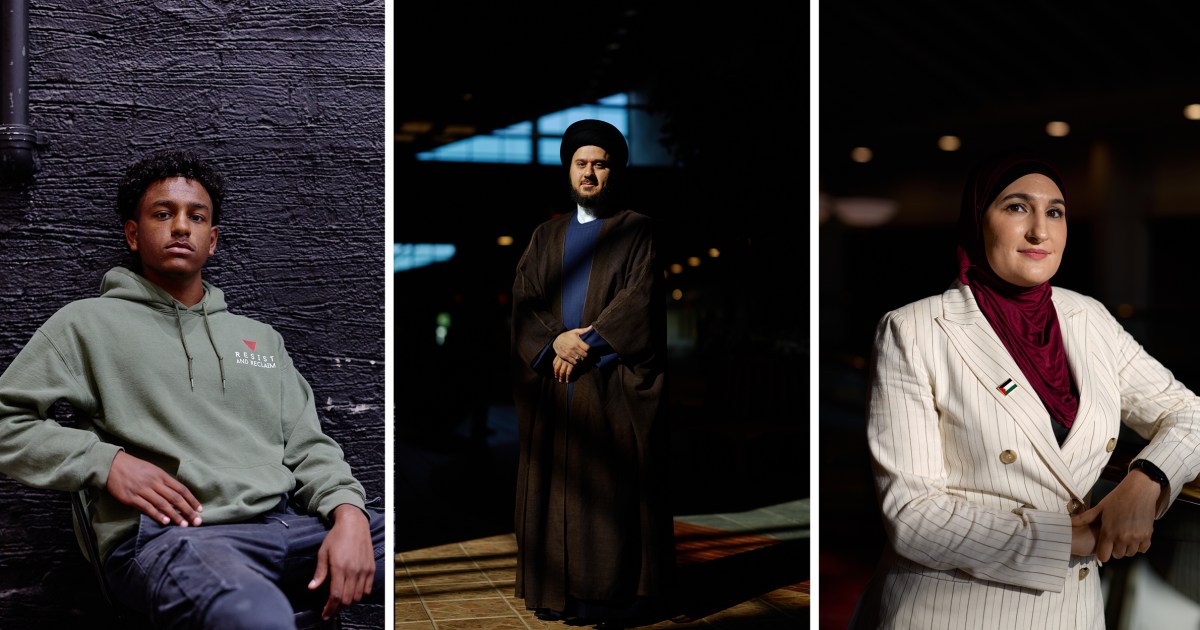
Leave a Reply